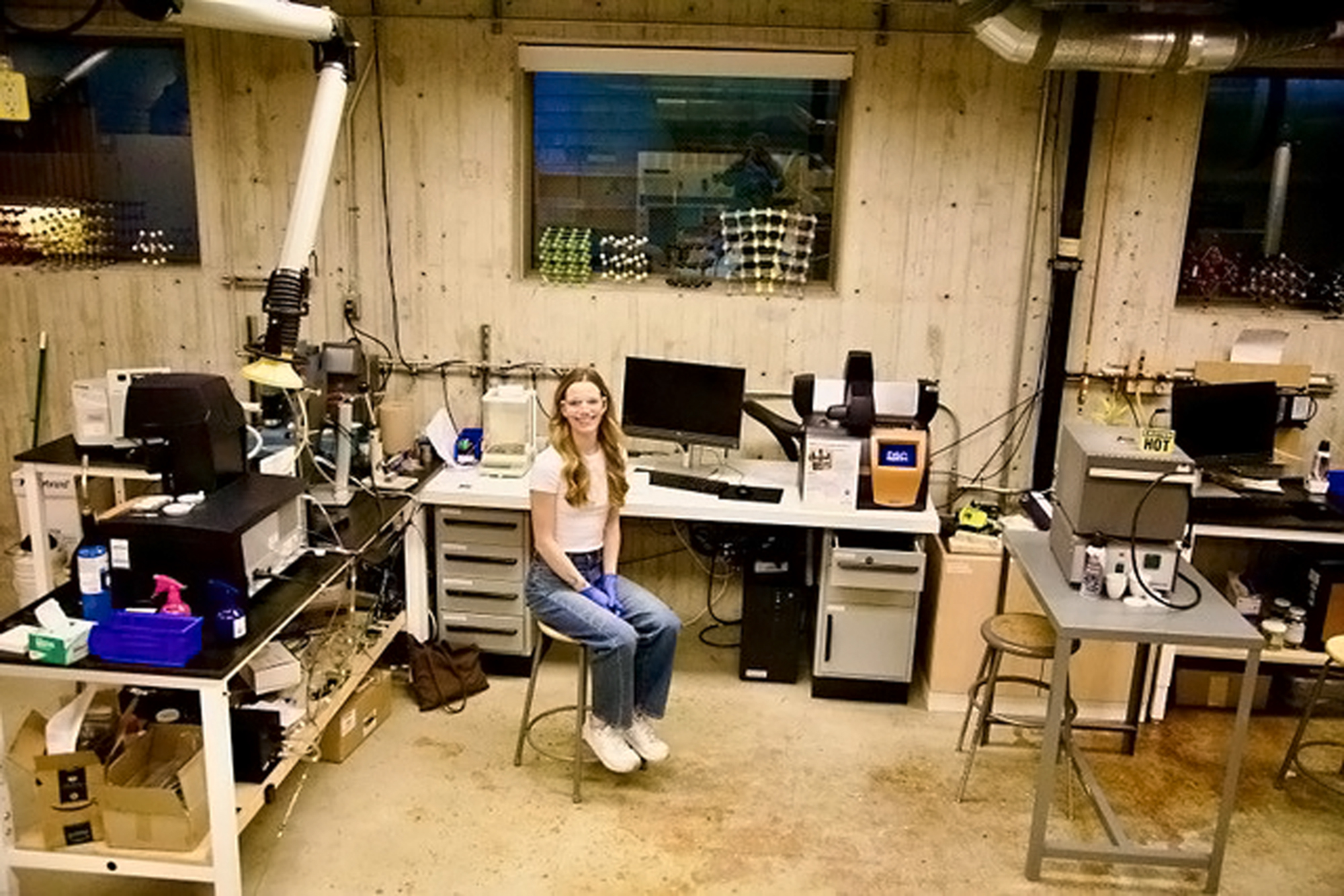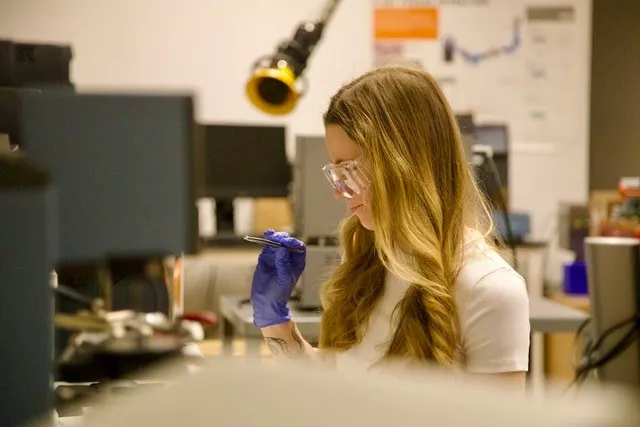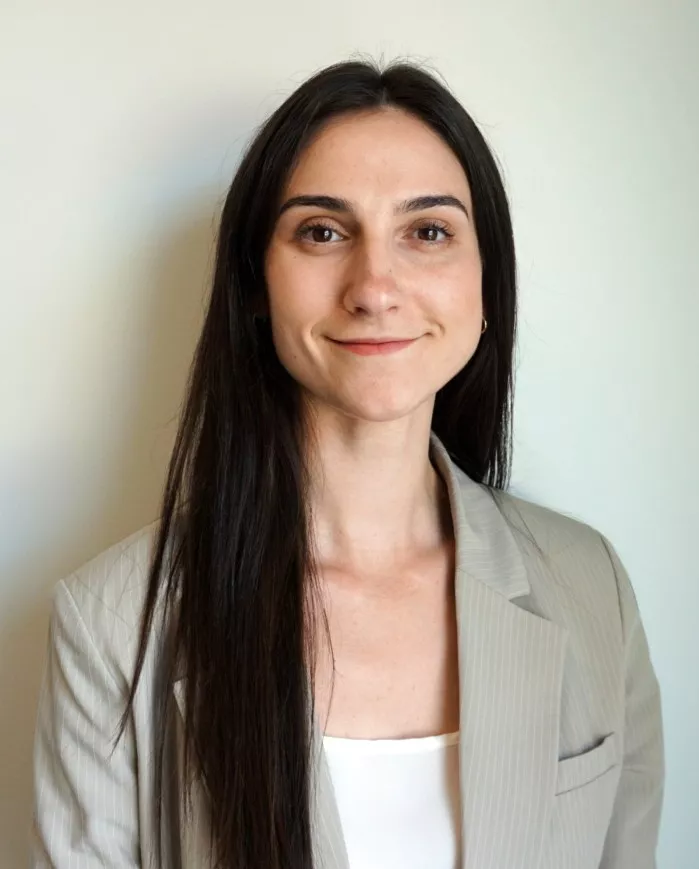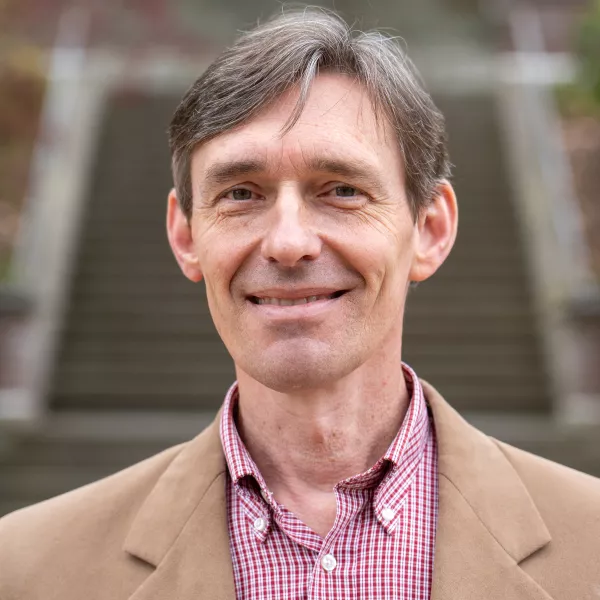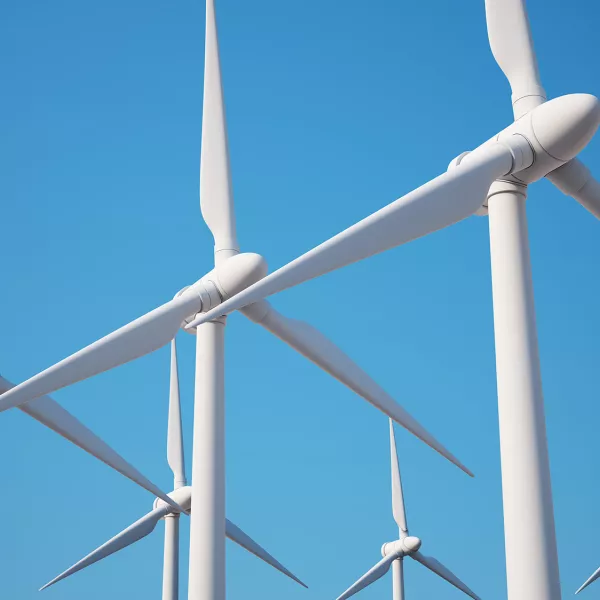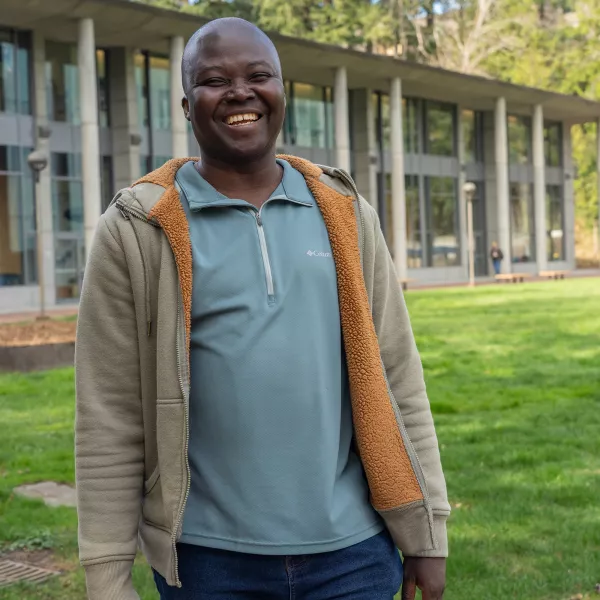For example, Stella Bjånesøy, ’16, B.A., energy policy and management, went to work as an assistant in the energy program at Sustainable Connections in Bellingham right after graduation. A year later, she was in Iceland earning a master’s degree, and is now in Norway working on sustainability for a major commercial shipping company.
“I was able to directly apply what I learned at Western and actually work directly, right away, in the field,” Bjånesøy says.
The Institute for Energy Studies is also distinctive for its emphasis on energy efficiency, says Swisher, now an adjunct professor at Stanford University. It’s much easier to figure out how to shift to clean energy sources when we’re using less of it overall, he says.
“You get amazing leverage,” he says. “You shrink the footprint of the overall energy system, which makes it easier, cheaper, safer, and above all, faster to then fill with cleaner, cheaper and a more balanced set of resources, including the energy efficiency resource.”
Energy efficiency is at the heart of much of the faculty research at the institute. Assistant Professor of Engineering Nipun Goel, for example, leads the Energy Assessment Program, in which he leads groups of students to study small and medium sized businesses and non-profits to recommend ways to save energy.
Several faculty members have funding from the Alfred P. Sloan Foundation to explore different aspects of energy efficiency and housing costs regionally and nationwide. One group is examining the impacts of a Portland, Ore., policy requiring energy efficiency evaluations upon the sale of a home, while another is conducting nationwide surveys of state legislators to learn their attitudes about heating policy and electrification. One faculty member is using the funds to study the environmental gains from electrifying more residential water heaters.
